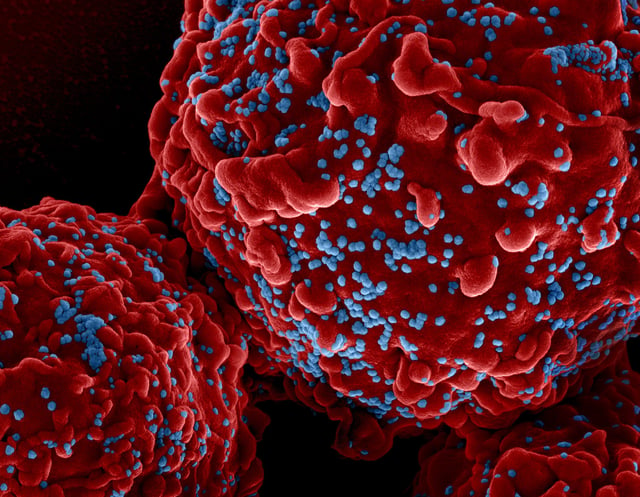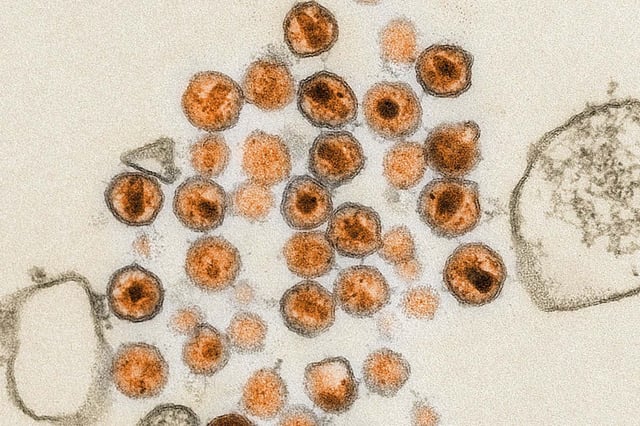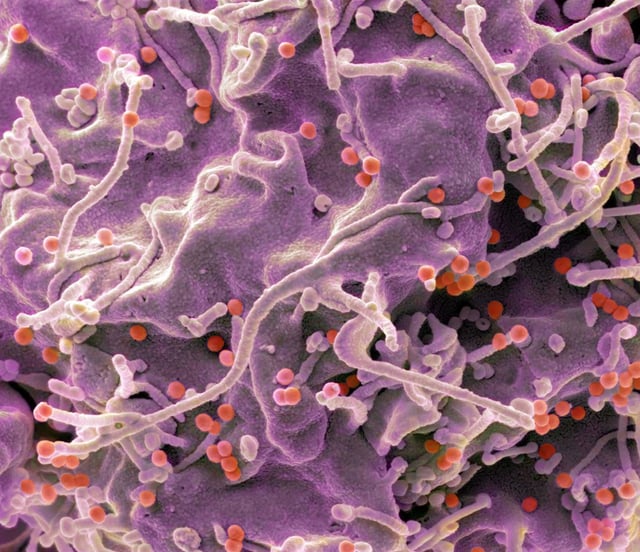Overview
- An early-phase trial of 108 healthy adults tested two membrane-bound and one free-floating mRNA HIV vaccine candidates across ten US sites.
- Vaccines encoding cell-bound envelope trimers induced neutralizing antibodies in 80% of participants compared with 4% for unbound versions.
- Approximately 6.5% of volunteers developed hives, a higher-than-expected reaction that is now under active investigation.
- Preclinical studies in rabbits and monkeys had shown similarly robust neutralizing responses, informing the design of the human trial.
- Research teams are refining mRNA formulations to mitigate side effects, broaden protection and pave the way for larger, definitive studies toward licensure.



